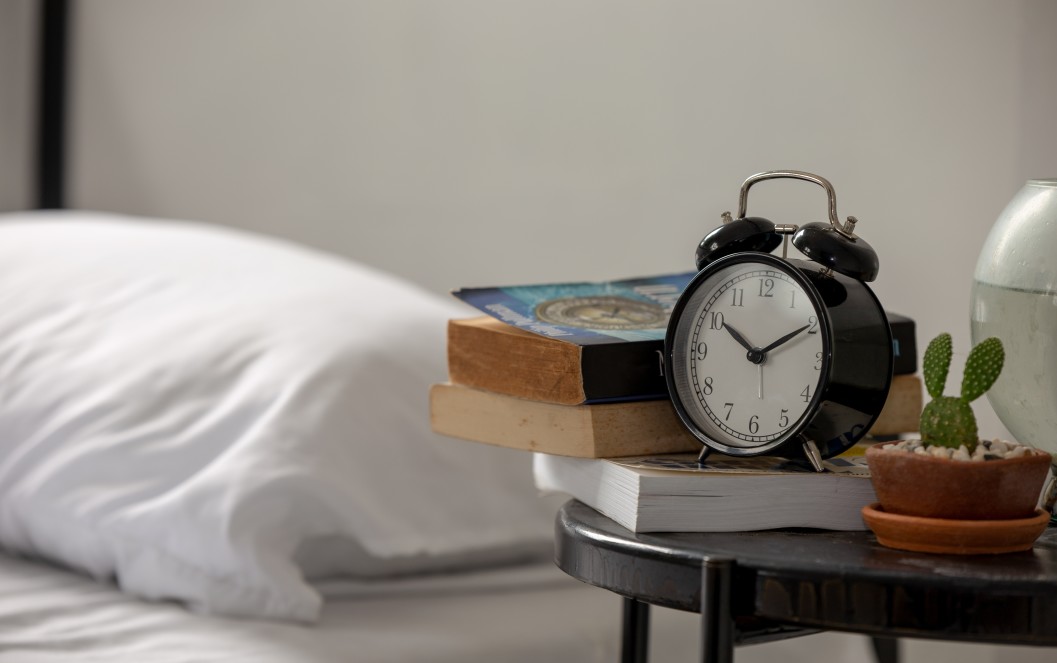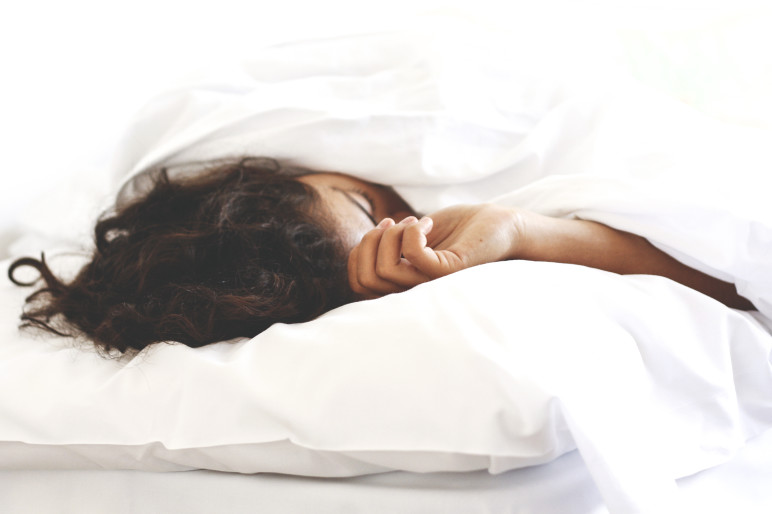
“Are the clocks going backwards or forwards?!” – a conversation that takes place in every household this time of year.
“Spring forward and fall back” is our ol’ reliable to figure out what the hell is going on at any given time. Now, while we have in which direction the clock is going in worked out, finding out exactly which day it’s changing is a whole other kettle of fish.
The clocks will always go back during the last weekend in October, meaning this year it will go back at 2 am on Sunday the 31st of October – aka Saturday night.
Luckily for us, Daylight Saving Time means we gain an hour rather than losing one, however, our sleeping schedule can still be compromised.
This year, we’re working towards a perfect night’s sleep despite the clocks moving back, and here’s how.
Get your schedule in check
Yes, easier said than done, we know and wholeheartedly agree. But, just trying to get some sort of sleep schedule together could do you the world of good by the time the clocks changing rolls around.
In the days leading up to the clocks changing, make a consistent effort to get a decent night’s sleep, this could mean going to bed at the same time each night, making your bedroom a screen-free zone, or doing something relaxing before you dose off.
Try to avoid napping too late in the afternoon/evening, but if you need to catch a few zz’s, limit it to just 30 minutes of sleep.

Be mindful of your diet
If heavy meals make you feel a bit sick before going to sleep, try to change up your eating habits, having dinner earlier or something lighter in the later hours.
Nicotine, caffeine and alcohol are best avoided in the hours leading up to bedtime as all of them can have a stimulating effect on the body, meaning if you have a late-night mocha or vino, you could be paying for it later on in the night.
Let’s get physical
During the day, try to incorporate some physical activity, whether it be something sweat-inducing like a 30-minute hiit workout or something more relaxed like a brisk walk.
If you work from home, even simply spending some time sitting in the fresh air can benefit you come sleepy time. Exercising makes your body crave rest, meaning the more you work yourself through the day, the better/deeper sleep you’ll get.

Pack up your troubles
Worrying about what to pack for your lunch and the emails left unopened in your inbox is not the best way to go about getting a good night’s sleep. Instead, try to switch your brain off in the lead-up to bedtime – compartmentalising is the key to a good rest.
Do whatever makes you feel relaxed, it could be having a hot bath, reading a book, listening to a podcast – whatever it is that makes you feel most relaxed and ready for a good night’s sleep.
Images via Twenty20




